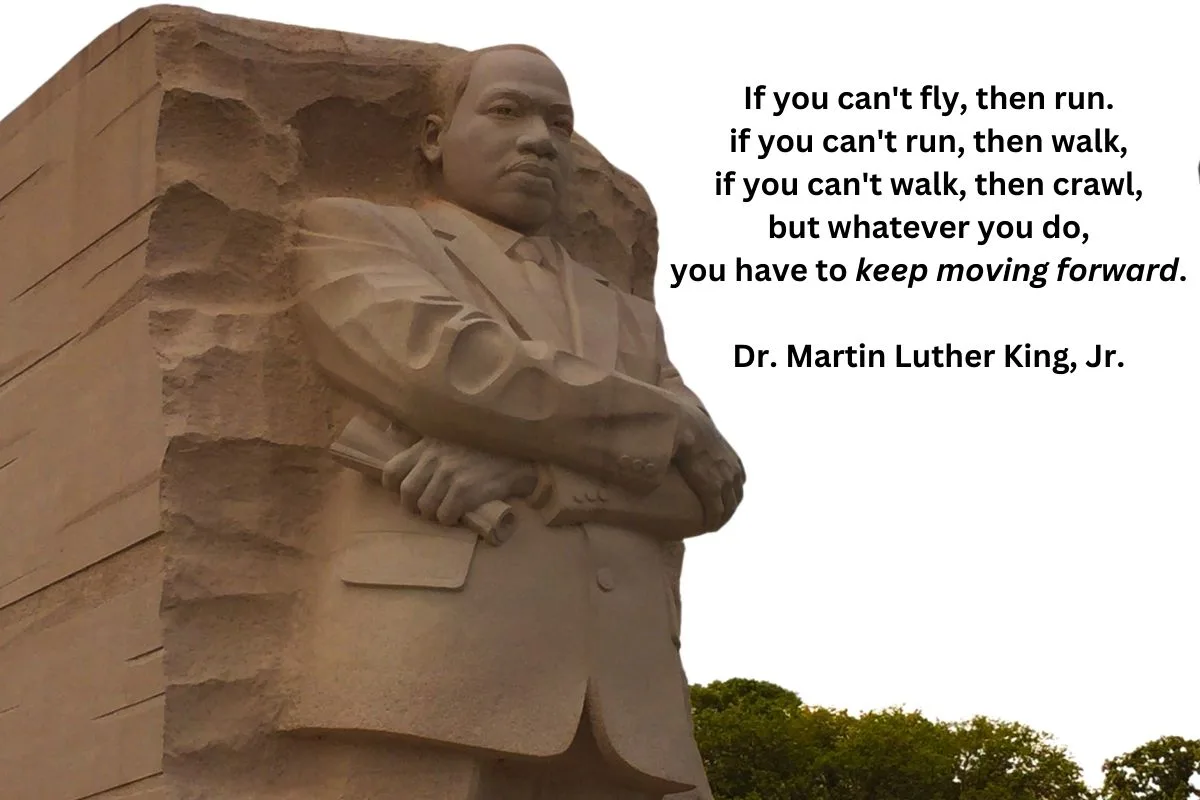On weekends, I like to share videos or fun stuff that gets us thinking. Today, I'm sharing a video with the legendary Dr. Russell Ackoff where he's speaking at a session moderated by Clare Crawford-Mason, the producer of the outstanding video Good News…How Hospitals Heal Themselves on Lean and systems thinking.
Ackoff makes important points in the video, but he starts with one of the funnier (and unexpected) speaker openings I've seen:
Since Ackoff was speaking at the end of a list of distinguished speakers, he said:
“I feel like a pornographic movie that's being shown to people who just engaged in sex… in short, anti-climax.”
Here is the video:
Some of the notes I took while watching (I'll leave them unedited):
Failures in improvement programs – comes from not making systemic improvements. A system requires all of the pieces for something to work. You (the person) can write, but your hand alone can't write.
If a system is taken apart, it loses its inherent properties. A system is not the sum of its parts, it's about the interactions. Take apart a car into pieces — it's not a car.
If you take the parts separately, the system as a whole will not be improved. Most programs are focused on the parts, not the whole. — obvious applications to think about when organizations take just some of the pieces or tools of Lean/TPS or other methodologies.
If you study cares from around the world… Take the best engine, the best brakes, etc from different models – you can't put them together into a working car (or anything close to the best systemic car).
If you don't know how you would change things when you can do whatever you'd want, how can you know what you'd do with constraints?
Continuous improvement or dis-continuous improvement? You never overtake a leader by copying them and improving in small pieces. You leapfrog people through creativity. Japanese and the automobile – they've improved quality, but it's the wrong kind of quality. Doing things right (Japan) but they're doing the wrong thing… The automobile is destroying urban life…
Do we have knowledge or wisdom?
My favorite point is the bolded point about being able to rethink a system from scratch. So much of the focus with Lean is often on the “kaizen” piece (or continuous improvement) while we also need “kaikaku” (or discontinuous improvement). I've seen both types of improvement in Lean efforts – an initial kaikaku (or redesign of space, processes, and workflow) that's then followed by ongoing kaizen.
If you have a fundamentally bad system, is tweaking that system really going to lead to the needed change?
Hat tip to ReliablePlant.com for posting the video.
Please scroll down (or click) to post a comment. Connect with me on LinkedIn.
If you’re working to build a culture where people feel safe to speak up, solve problems, and improve every day, I’d be glad to help. Let’s talk about how to strengthen Psychological Safety and Continuous Improvement in your organization.









That is also my favourite quote. It’s a recent question for me as I’ve been flipping back and forth about whether it’s more effective to first understand the current situation without worrying too much about what we want OR ignore the current constraints and focus first on understanding what we’d do if we could do what we want. I think the latter is better but I find many groups have trouble doing it.
You can do both, right?
You can first understand your current system and then think about what you’d ideally do without constraints, right?
I’ve found that having some “outside eyes” helps people think beyond the normal constraints that a team finds itself within.
When I was at the Institute for Healthcare Improvement national forum this week, the famed Dr. Atul Gawande used Ackoff’s example about benchmarking the best components of different cars and how you wouldn’t be able to build that into a functioning car. He didn’t cite Ackoff, but I assume that story has made the rounds so much (no pun intended) that people forget the origin, if it was him?
[…] Dr. Russell Ackoff, philosopher, behavioral scientist and management guru told us people are more successful making and sustaining behavior changes when they are moving toward what they want not trying to avoid what they don’t want. Further all our insights from the last 20 years in neuroscience show that fear activates the fear based center in the brain (amygdala) causing stress, impairing decision-making and generating the “fight” or “flight” response. Since there’s no immediate threat to fight (no saber-toothed tiger coming at us or hiding at the corner deli) most viewers will flee – right into the next Starbucks. […]
[…] arrived here expecting some kind of titillation or advice on athletic sexual technique, then, as Ackoff once observed, you may “feel like a pornographic movie being shown to people who’ve just engaged in […]
[…] Continuous improvement or dis-continuous improvement? You never overtake a leader by copying them and improving in small pieces. You leapfrog people through creativity. Japanese and the automobile – they’ve improved quality, but it’s the wrong kind of quality. Video of Dr. Russell Ackoff Discussing Systems and Pieces – Lean Blog […]
Comments are closed.